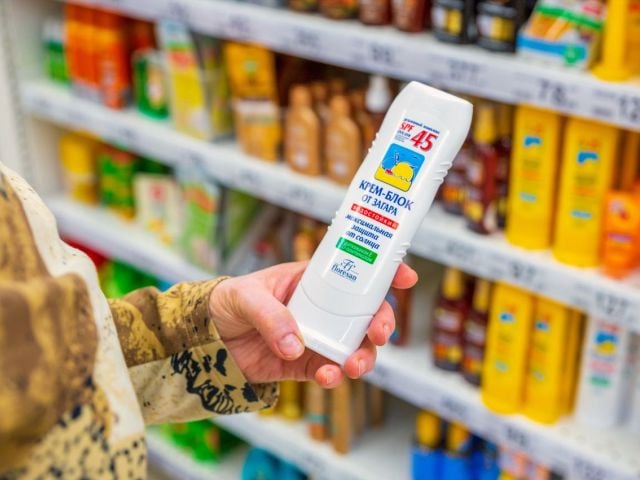WASHINGTON – A bill introduced in Congress this week on behalf of leading household cleaning product makers would deny Americans the right to know about toxic chemicals in cleaning products.
The bill would preempt a state law approved by California legislators in 2017 which requires the disclosure of toxic chemicals in popular household cleaning products, like Lysol, Pledge and Windex. The state law has been in effect since 2022. The Environmental Working Group sponsored the legislation and backed the effort to make it law.
Five years ago, leading household cleaning companies worked with environmental groups to pass the state law, which required the disclosure of certain toxic chemicals on the package or through a website.
At that time, household cleaning product manufacturers including S.C. Johnson, Clorox, Henkel, Procter & Gamble and Reckitt agreed that they would not seek preemption of California’s new law and NGOs agreed not to seek a stronger law in other states.
By supporting the new bill introduced in Congress by Rep. Larry Bucshon (R-Ind.), some of these companies, through their trade association, are no longer honoring this agreement. In particular, Reckitt applauded Bucshon for introducing the bill and S.C. Johnson called for a “clear federal standard.”
Only Clorox and Henkel have so far opposed the new bill and pledged to honor their agreement with organizations like EWG.
The industry bill, dubbed the Deny Americans the Right to Know, or DARK Act, by consumer advocates, will not only preempt state law, it will create an endless rulemaking process which would, at best, produce a far weaker chemical disclosure system.
“If household cleaning companies will not honor their word, why should they be trusted to make products that are safe for use in our homes,” said Scott Faber, EWG’s senior vice president of government affairs. “What do they have to hide? EWG applauds Clorox and Henkel for honoring their commitment to give consumers the right to know what’s in their products.”
Household cleaning products can contain many toxic chemicals and are significant sources of indoor air pollution, studies show. A recent EWG study found common cleaning products contain hundreds of volatile organic compounds linked to cancer and other health harms. Another study found frequent use of cleaning products increased the risk of childhood asthma.
“Americans have the right to know about toxic chemicals in household cleaning products.” Faber said. “Companies like Clorox and Henkel recognize that consumers want to be trusted to make their own decisions.
“While green cleaners are available, many legacy brands continue to use chemicals linked to serious health harms, including cancer,” he said. “Rather than reformulate their products to end the use of chemicals linked to cancer, these brands are fighting your right to know about their presence in products.”
###
The Environmental Working Group (EWG) is a nonprofit, non-partisan organization that empowers people to live healthier lives in a healthier environment. Through research, advocacy and unique education tools, EWG drives consumer choice and civic action.



